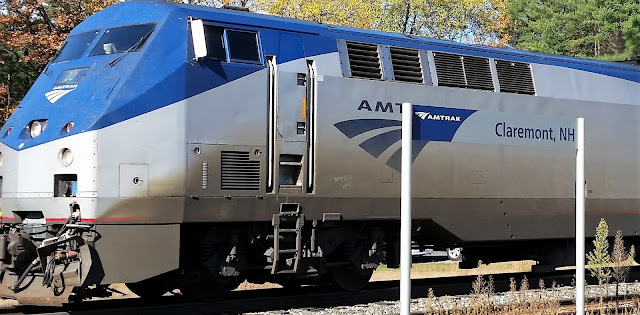There’s an old political quip that “those who say don’t know, and those who know don’t say,” which could mean keep your cards close and don’t let anyone know what you have planned. The saying might be apropos for the New Hampshire Legislature and what’s presently happening at the statehouse. Specifically the intricate below the radar screen wheeling and dealing that goes into crafting a budget for the next two years.
THE PROCESS:
If we compare the budget process to a football game with four quarters, the 1st is the Governor’s proposed budget and the 2nd quarter is the House’s additions & deletions as part of their review process. Halftime occurs when it’s passed off to the Senate for the 3rd quarter and further scrutiny. The 4th quarter, which we will be entering shortly, is the Committee of Conference where members of the House & Senate Finance Committees, along with input from the Governor, roll up their sleeves to work out differences and finalize a document that will determine spending for the next two years. Normally, the closer the House & Senate are will make the process easier and indicate common agreement regarding the final amount and how much will need to be raised through taxes. Conversely, the further apart makes the process more challenging.
THE PROBLEM:
External factors & developments are often used as clear indicators to support a specific argument, as well as sometimes be used as a smokescreen to divert attention and discredit a specific course of action/initiative. This is where the plot thickens and those who “say” may not really know what’s accurate, while those who “know” may be calculatedly silent! For example – State revenues for March & April were very strong and generated about 50 million dollars more than originally expected. Interestingly, some forces opposed to increased gaming and a high-end casino are now arguing that this additional revenue means we don’t need to license a casino along the NH/MA border. Meanwhile, those supporting the Governor are suggesting that such an argument is a smokescreen and how this new found revenue is mostly a onetime 30 million dollar tobacco settlement award and what will do in the future!
Remember – the legislature’s primary job is to craft an operating budget for the next two years that will hopefully minimize the impact to the counties, cities & towns, as well as NH’s businesses and property taxpayers. Two years ago, the then radical extremist House of Representatives passed a budget that downshifted costs to municipalities & taxpayers, as well as seriously impacted services to New Hampshire citizens. Opponents argued that the budget impeded the state’s ability to adequately function and caused drastic cuts to the neediest. The memory of 7,000 protesters marching last term to the state capital is still fresh and hasn’t been forgotten, nor the horrendous cuts levied onto social services, highway maintenance, UNH, and the downshifting of millions to municipalities. Last November – these extremists were ousted by voters who wanted a more balanced and common sense approach to government. Now their elected replacements are in charge and tasked with developing a balanced budget that has minimal impact on taxpayers while improving services and the ability for government to operate.
Unfortunately, the problem is while the proposed House budget is better and represents a few baby steps forward, it doesn’t completely restore funds inflicted by the draconian cuts. Moreover, the gap between the House and Senate versions could be $150,000,000 million dollars, thus causing a major hurdle in crafting any final budget. Many supporting the Governor’s argument for additional revenue are concerned that the 2014-2015 budget may be more similar in size to the one the Dems were elected to remedy. Also, there’s the lack of loyalty issue, where by not supporting the Governor (a fellow democrat) could not only damage her, but all democrats in the next election.
RUMOR MILL:
The estimated 150,000,000 million dollar budgetary difference between the two bodies could become an insurmountable obstacle for the Committee of Conference to resolve. This could result in a worst case scenario where the next budget might resemble the previous budget everyone hated. It also raises a number of questions. If a democrat controlled House passes such a budget - what’s the difference between the two parties? How will they explain to municipalities that more downshifting could happen? What will they say to the social service agencies who believed the cavalry was enroute to their rescue? However, the biggest question might be – how could this happen? Will the House and Senate being so far apart mean another draconian budget?
SPECULATION:
Normally, this should translate into House support for Governor Hassan’s plan to expand gaming and license a high-end casino along the NH/MA border. Not only would it generate 80 million in licensing fees at a time when more revenues are needed, thus help New Hampshire to limp along and better fund some additional support to human services, and infrastructure, while having minimal impact to municipalities, business and property owners. The alternative is to remain pure and wait for a broad based tax, while throwing the governor under the bus, and face a disenchanted electorate in two years! Who knows!



.jpg)